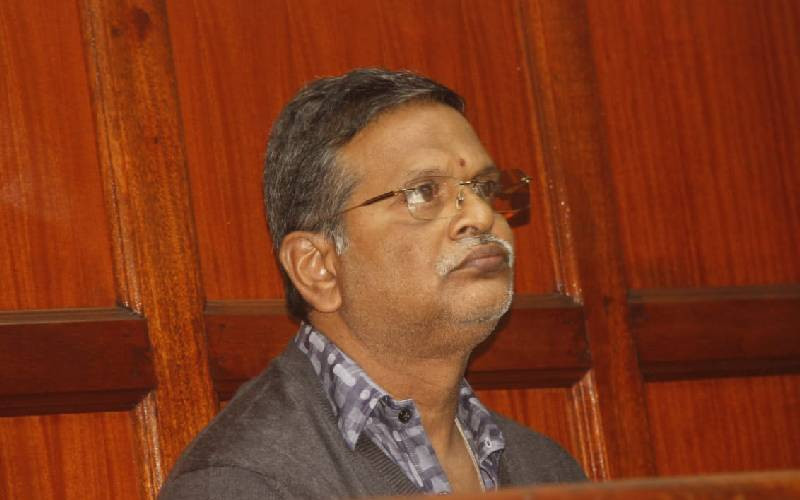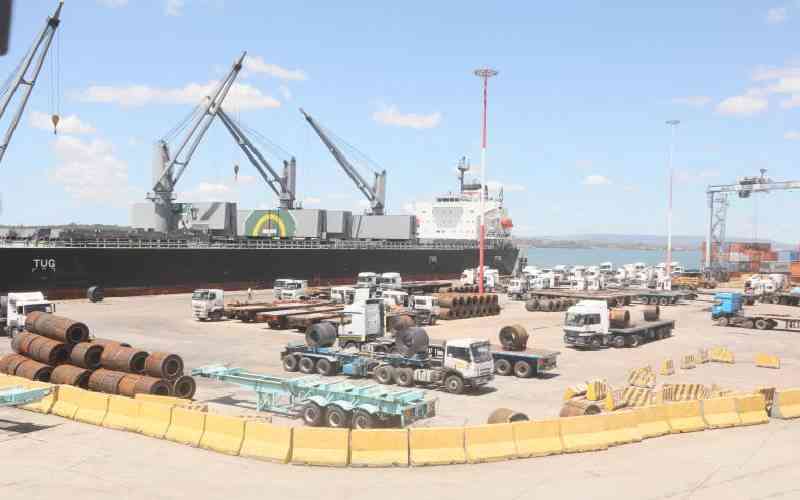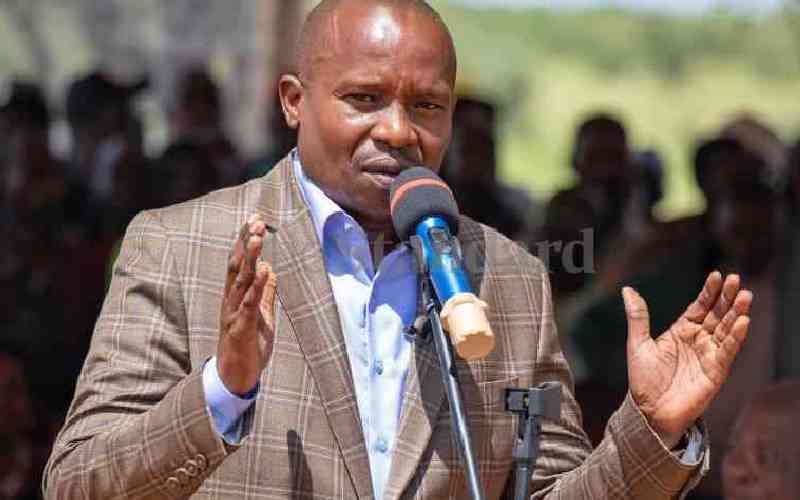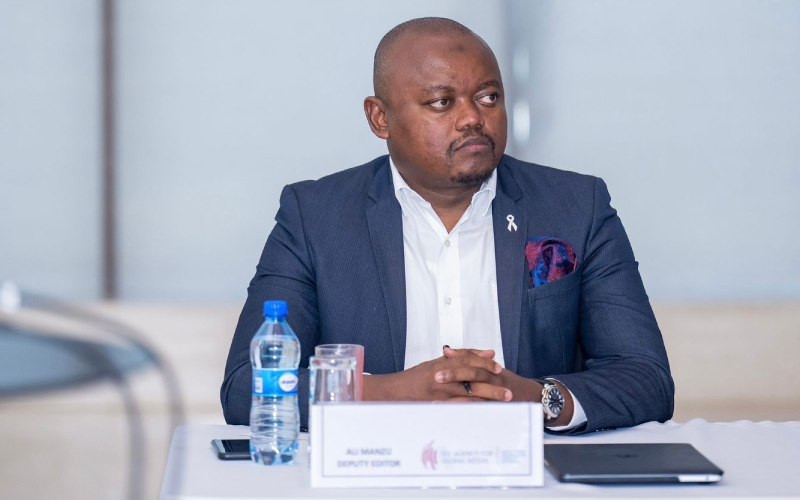The fate of the inquest into the mysterious death of Dutch tycoon Tob Cohen hangs in the balance.
The court is set to rule on whether to grant Sarah Wairimu, Cohen’s widow, request to terminate the investigation.
The ruling on whether to allow Wairimu's plea to discontinue the inquiry will be rendered on September 9, 2024, at 2:30 p.m.
Milimani Principal Magistrate Eric Wambo Otieno on Wednesday postponed the ruling to ensure all legal representatives are present.
The inquest was initiated by the Director of Public Prosecutions (DPP) in April, following the death of Cohen, whose body was discovered in an underground water tank at his Nairobi home in September 2019.
The DPP’s decision to pursue an inquest came after murder charges against Wairimu, and businessman Peter Karanja were dropped in November 2022.
The charges were dropped due to insufficient evidence, which the DPP attributed to incomplete information and investigative shortcomings.
Wairimu has since filed a request to discontinue the inquest.
However, the DPP and Cohen's family opposed the application and urged the court to proceed with a full hearing to establish the truth behind the murder.
The ruling that was originally scheduled for Wednesday was postponed due to the absence of the defense and victim's legal teams.
The prosecution, represented by Virginia Kariuki, did not oppose the delay, allowing additional time for all parties to participate in the upcoming ruling posted to Monday next week
The matter had taken a dramatic turn in November 2022 when the DPP dropped murder charges against Wairimu and businessman Peter Karanja.
Instead of pursuing a murder trial, the DPP decided to seek answers through a public inquest, citing the need for a more comprehensive investigation.
This decision came after the DPP concluded that there was insufficient evidence to secure a conviction, blaming the Directorate of Criminal Investigation (DCI) for failing to provide critical evidence such as cell phone data and witness statements.
The circumstances surrounding Cohen’s death shocked the nation when his body was discovered in an underground water tank at his Kitisuru residence, Nairobi, in September 2019.
Stay informed. Subscribe to our newsletter
The initial investigation had led to the arrest of Wairimu and Karanja, but with the murder charges dropped, the inquest became the primary avenue for seeking justice.
The DPP argued that the investigation was marred with contradictions and incomplete information, making it impossible to proceed with a successful prosecution in the murder trial at the High Court.
In a letter to the High Court, the DPP emphasized that the inquest was the best route to clarify the process, gather additional information, and address any potential culpability.
Adding to the complexity, Senior Assistant Inspector General of Police John Gachomo, who was part of the DCI at the time, had filed an affidavit alleging that he was misled into implicating Court of Appeal Judge Justice Sankale ole Kantai in the murder.
Gachomo’s disavowal of the affidavit's contents and his claims of being manipulated by former DCI boss George Kinoti introduced further contradictions into the case, prompting the DPP to seek more time to address these issues.
Wairimu claimed that she was framed and powerful politicians, closely associated with the former government, were involved in Cohen's death.
She suggested that these individuals sought to take over her husband’s property and disinherit her, alleging that the police were complicit in covering up the crime.
[email protected]
 The Standard Group Plc is a
multi-media organization with investments in media platforms spanning newspaper
print operations, television, radio broadcasting, digital and online services. The
Standard Group is recognized as a leading multi-media house in Kenya with a key
influence in matters of national and international interest.
The Standard Group Plc is a
multi-media organization with investments in media platforms spanning newspaper
print operations, television, radio broadcasting, digital and online services. The
Standard Group is recognized as a leading multi-media house in Kenya with a key
influence in matters of national and international interest.
 The Standard Group Plc is a
multi-media organization with investments in media platforms spanning newspaper
print operations, television, radio broadcasting, digital and online services. The
Standard Group is recognized as a leading multi-media house in Kenya with a key
influence in matters of national and international interest.
The Standard Group Plc is a
multi-media organization with investments in media platforms spanning newspaper
print operations, television, radio broadcasting, digital and online services. The
Standard Group is recognized as a leading multi-media house in Kenya with a key
influence in matters of national and international interest.








